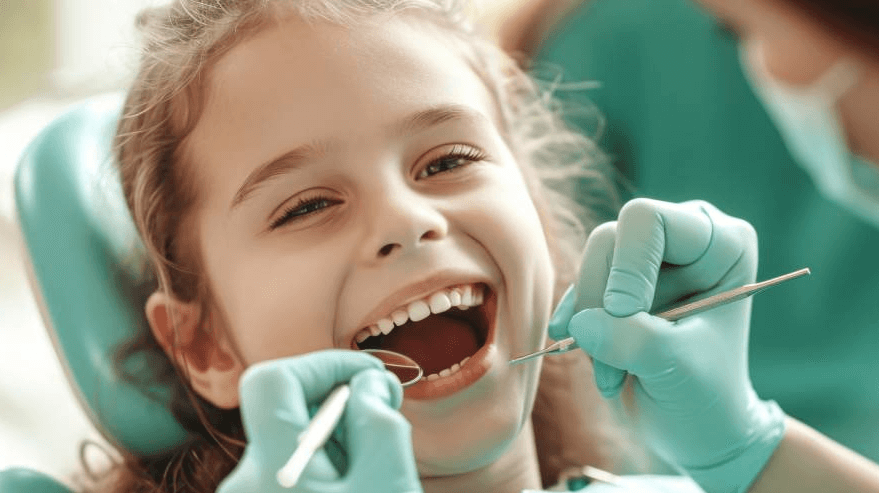What Should Parents Know About Dental Emergencies in Children?
&srotate=0)
Dental emergencies can be frightening for both children and parents. Understanding how to handle these situations can make a significant difference in minimizing pain and preventing further damage. At Lancaster Pediatric Dental Associates, we aim to educate parents on the best practices for managing pediatric dental emergencies in children. If your child has a dental emergency, our team in Lancaster, PA is ready to help.
What are common dental emergencies in children?
A pediatric dental emergency can occur at any time, and it's important for parents to recognize the signs. Children can experience a variety of dental emergencies. Some of the most common include:
- Knocked-out tooth
- Chipped or broken tooth
- Toothache
- Lost filling or crown
- Object stuck between teeth
How should parents respond to a knocked-out tooth?
A knocked-out tooth is a critical dental emergency, especially if it is an adult tooth. Parents should remain calm and handle the tooth carefully by picking it up by the crown, not the root. If the tooth is dirty, rinse it gently with water without scrubbing or removing any tissue fragments. If possible, try to reinsert the tooth into its socket and have your child bite down gently on a piece of gauze to hold it in place. If reinsertion is not possible, keep the tooth moist by placing it in a container of milk or a tooth-preservation product. Contact our office right away for emergency care.
What should parents do for a chipped or broken tooth?
For a chipped or broken tooth, it is important to rinse the mouth with warm water to clean the area and save any broken pieces of the tooth, if possible. Applying a cold compress can help reduce swelling. Parents should then schedule an appointment to assess the damage and determine the best possible course of action. Prompt dental care can help prevent further complications and ensure proper healing.
How can parents manage a severe toothache?
Toothaches can be caused by various issues, including cavities or infections. Parents can help alleviate their child's pain by rinsing their mouths with warm salt water, which can help reduce inflammation and clean the affected area. Over-the-counter pain relievers can be administered as directed on the package, and applying a cold compress can help numb the pain and reduce swelling. If the pain is persistent, we encourage you to visit our office so we can diagnose and treat the underlying cause of the toothache, ensuring proper care and relief for your child.
What if a filling or crown falls out?
If your child's filling or crown falls out, it is important to keep the area clean by rinsing the mouth with warm water. Encourage your child to avoid chewing on the affected side. Contact our Lancaster, PA office to schedule an appointment to replace the filling or crown and restore your child's dental health.
What should parents do if something is stuck between their child's teeth?
If an object is stuck between your child's teeth, try to remove it gently with dental floss. Avoid using sharp objects that could harm the gums. Rinsing the mouth with water can help wash out any loose particles. If the object cannot be removed or if it causes pain, call our office for professional assistance.
Get emergency dental care when you need it
Being prepared for dental emergencies can help parents handle these situations calmly and effectively. If your child experiences a dental emergency, Lancaster Pediatric Dental Associates is here to provide the necessary care. Contact our Lancaster, PA office right away for any children's dental emergencies to ensure your child receives prompt and professional treatment. Your child's dental health is our top priority.